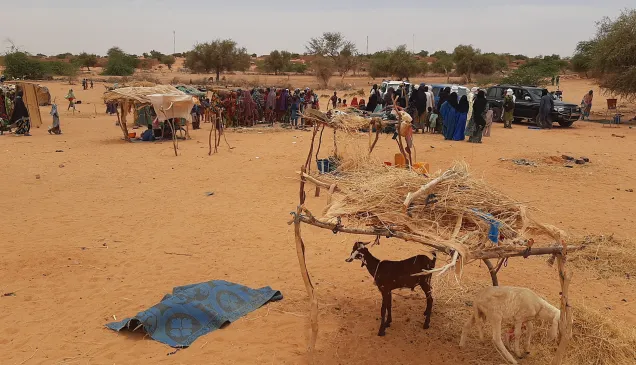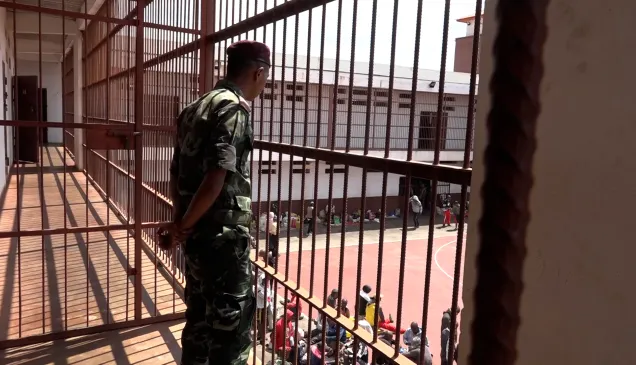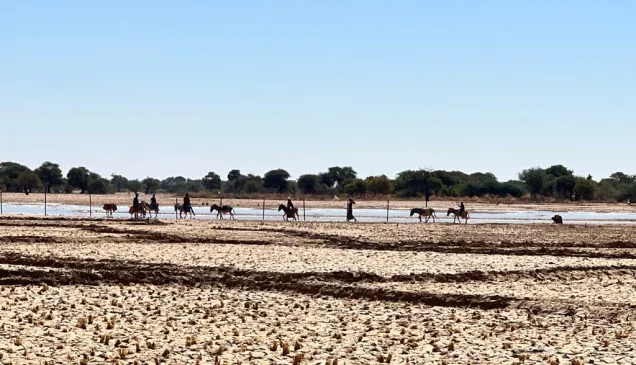Mali: Ogossagou, a village at the heart of violence
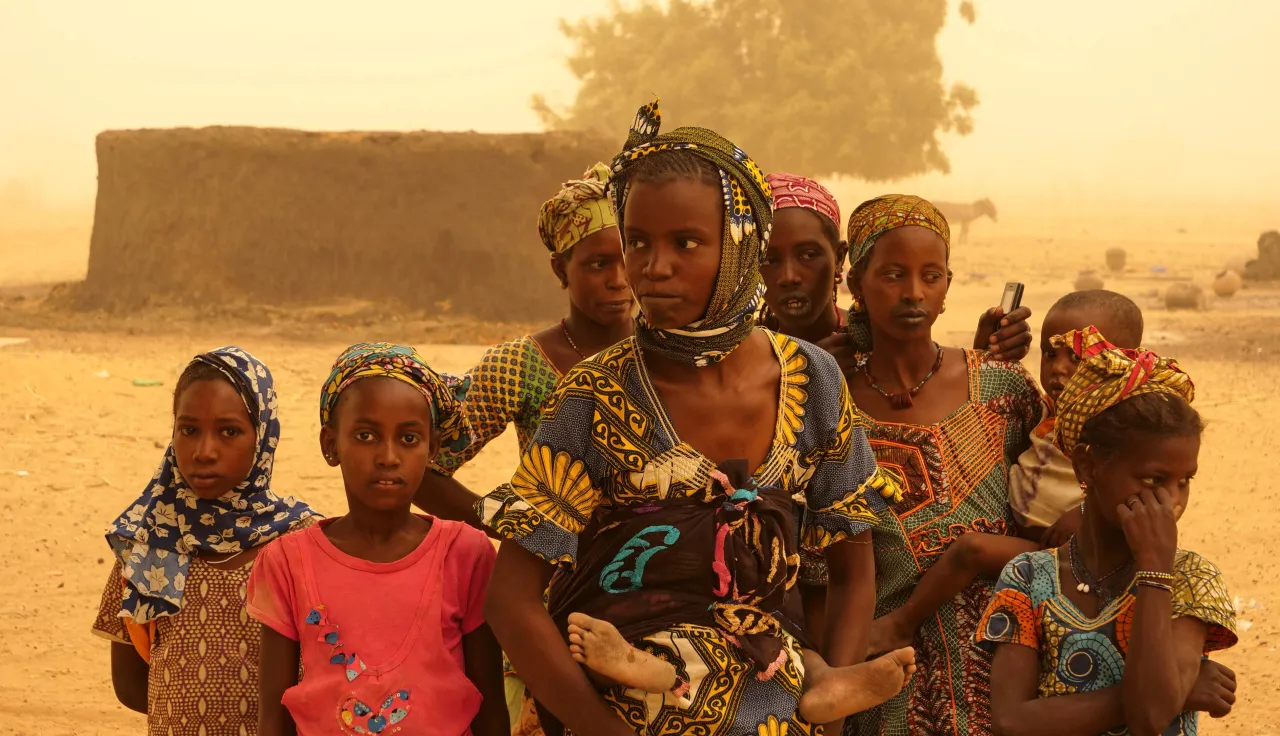
On 23 March 2019, the small village of Ogossagou in Central Mali looked like the apocalypse and seemed frozen in time.
The wind has covered everything in a layer of red dust: burnt-out huts and farm buildings, houses riddled with bullet holes, the charred remains of cars and dead donkeys. The wells are unusable – contaminated by corpses. People's livestock herds have been taken.
In Ogossagou, families are still struggling to come to terms with the shock of the massacre – the latest in a recent series of very violent clashes between herders and settled farmers in this region of Mali.
With more than 161 people dead, according to official estimates, the humanitarian situation in Mali is quite deplorable.
Seventeen-year-old Sadio Kelly, who survived the attack, describes what happened: "We didn't have time to flee. Those who tried to were shot. They threw a lot of people down the well."
In this village in Mali, people are trying to get on with their lives but the circumstances are dire.
The Mali Red Cross acted swiftly to transport 74 wounded people – of whom 43 were in a serious condition – from Bankass, the nearest town (some 20 km from Ogossagou), to Simone Dolo Hospital in Mopti.
The Mali Red Cross and the International Committee of the Red Cross (ICRC) began distributing food on 31 March to all the inhabitants of Ogossagou – over 1,500 affected people – including Dogon and Peul.
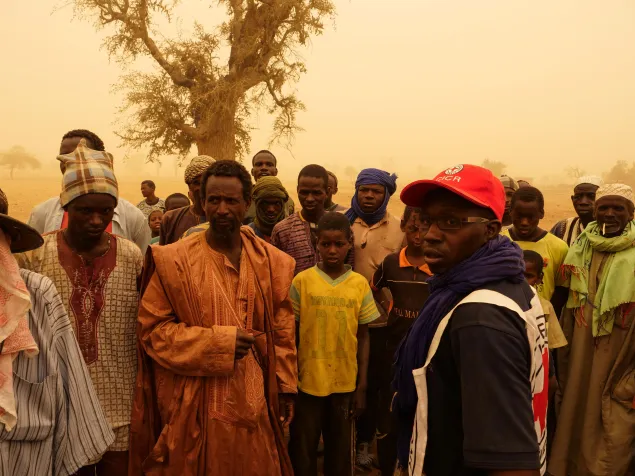
Food distribution to the affected people of Ogossagou village, in Mali, on 31 March 2019.
Abdoulaye Barry came to the hospital with his friend Boukary, who was wounded in the head: "Everything has been destroyed. All I have is this boubou that they gave me here. I escaped with my life and my breath."
But it is the invisible wounds, buried deep in the affected people's hearts and memories, that are likely to leave more lasting scars. The ICRC immediately dispatched Insaf Mustafa, a psychologist specialized in providing post-crisis psychosocial support, to help the wounded people find the words to talk about their distressing experiences:
"When we talk about traumatic events of this kind, the pain is not just physical. The damage is also psychological. Trauma is not expressed only through tears and sadness. It also has physical symptoms, like headaches, sleep problems or loss of appetite."
As for the people left behind in the village, they live in fear of another attack. This fear is compounded by inactivity, as they can no longer farm their land and have lost their livelihoods.
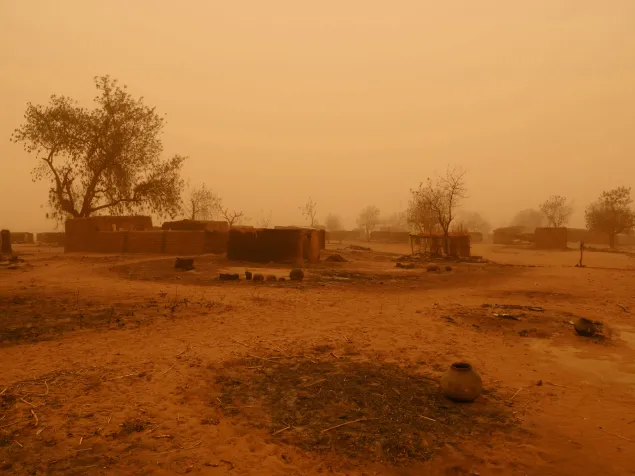
Nearly half of the village of Ogossagou village, in Mali, has been burnt to ashes.
The tragedy that occurred in Ogossagou is extremely worrying and highlights the deteriorating security situation and growing communal tensions in central Mali. The situation in the north of the country is also very volatile with the humanitarian needs of the people continually rising.

